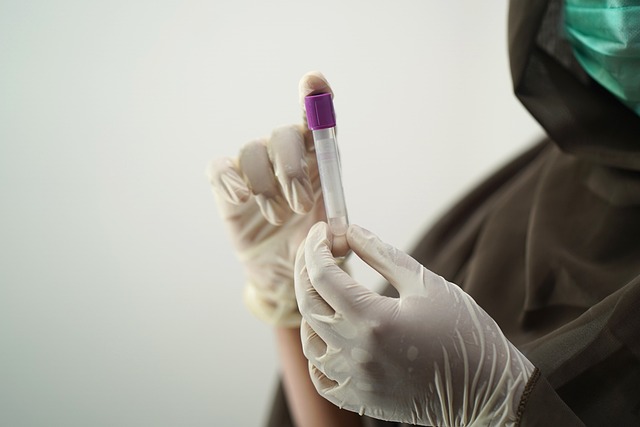HIV Treatment: Understanding Your Options and Latest Advancements
Human Immunodeficiency Virus (HIV) affects millions of people worldwide, but thanks to significant medical advancements, it's no longer the death sentence it once was. Today, HIV is a manageable chronic condition with various treatment options available. This article explores the current landscape of HIV treatment, including testing, healthcare approaches, and the latest medical interventions.

How has HIV testing evolved in recent years?
HIV testing has come a long way since the early days of the epidemic. Today, there are several quick and accurate testing methods available:
-
Antibody tests: These detect HIV antibodies in blood or oral fluid and can provide results in as little as 20 minutes.
-
Antigen/antibody tests: These look for both HIV antibodies and antigens, allowing for earlier detection of the virus.
-
Nucleic acid tests (NAT): These detect the actual virus in the blood and can identify HIV within 10 to 33 days after exposure.
Many healthcare providers now offer routine HIV screening as part of regular check-ups, making it easier for individuals to know their status and seek treatment early if necessary.
What are the current standard treatments for HIV?
The primary treatment for HIV is antiretroviral therapy (ART). This typically involves a combination of medications that target different stages of the HIV life cycle. Some common types of antiretroviral drugs include:
-
Nucleoside reverse transcriptase inhibitors (NRTIs)
-
Non-nucleoside reverse transcriptase inhibitors (NNRTIs)
-
Protease inhibitors (PIs)
-
Integrase inhibitors
-
Entry inhibitors
Modern ART regimens often combine several of these drug classes into a single daily pill, making treatment more convenient and improving adherence. The goal of ART is to suppress the virus to undetectable levels, allowing the immune system to recover and preventing transmission to others.
What role does healthcare play in managing HIV?
Comprehensive healthcare is crucial for people living with HIV. This includes:
-
Regular medical check-ups: Monitoring viral load, CD4 count, and overall health.
-
Mental health support: Addressing the psychological aspects of living with HIV.
-
Nutritional counseling: Ensuring proper diet to support immune function.
-
Preventive care: Vaccinations and screenings for other health conditions.
-
Medication management: Adjusting treatments as needed and managing side effects.
A multidisciplinary approach involving infectious disease specialists, primary care physicians, mental health professionals, and nutritionists can provide the best outcomes for individuals with HIV.
What are the latest advancements in HIV treatment?
Research in HIV treatment continues to progress, with several exciting developments:
-
Long-acting injectables: These medications, administered every few months, offer an alternative to daily pills.
-
Broadly neutralizing antibodies: These show promise in both treatment and prevention of HIV.
-
Gene therapy: Researchers are exploring ways to modify immune cells to resist HIV infection.
-
Therapeutic vaccines: These aim to boost the immune system’s ability to control HIV without daily medication.
-
Cure research: While a cure remains elusive, scientists are investigating strategies to eliminate the virus from the body entirely.
These advancements offer hope for simpler treatment regimens and potentially a cure in the future.
HIV treatment has made remarkable strides since the early days of the epidemic. Today, with proper medical care and adherence to antiretroviral therapy, people living with HIV can expect to live long, healthy lives. Regular testing, early treatment, and ongoing healthcare are key to managing the virus effectively. As research continues, we can look forward to even more innovative treatments that may one day lead to a world without HIV.
This article is for informational purposes only and should not be considered medical advice. Please consult a qualified healthcare professional for personalized guidance and treatment.




